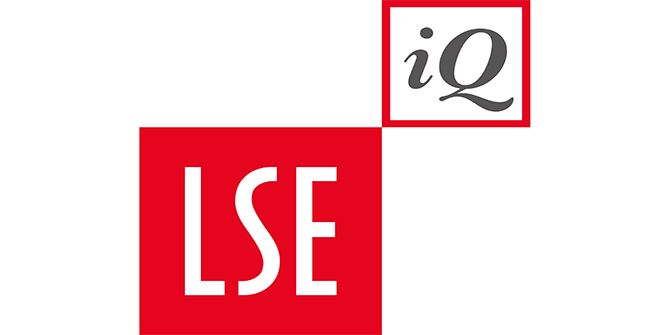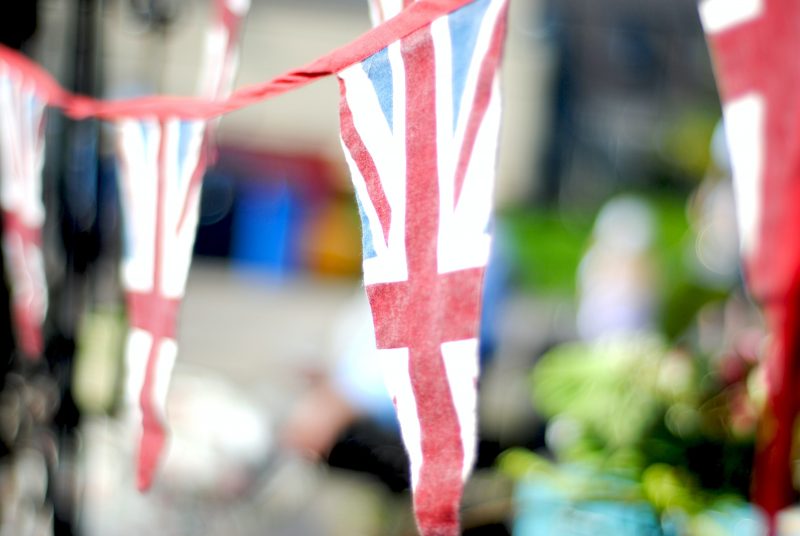
 Maja Graso and Paul Dolan examine the manifestations and consequences of firmly-held beliefs in COVID-19 science.
Maja Graso and Paul Dolan examine the manifestations and consequences of firmly-held beliefs in COVID-19 science.
The COVID-19 pandemic was characterised by considerable uncertainty. The transmission risks and consequences of the virus itself were initially unclear, but we quickly learned that it was highly transmissible and of much greater risk to older and more vulnerable people. In contrast, the uncertainties surrounding how best to respond to the threat of COVID remain to this day.
There are still no definite answers about whether flimsy face masks worn badly reduce transmission risks enough to mandate wearing them, whether resources spent on test, trace, and isolate policies in countries like the UK and New Zealand were preferable to directing those same resources to hospital staffing and, perhaps most fundamentally of all, whether intermittently locking down the whole population has done more harm than good as compared to focusing protection on those most at risk. These questions remain relevant as many countries have paused but not ended their restrictions, leaving open the threat of their reimplementation.
The only certainty in the presence of radical uncertainty is that divisions will emerge in society. A cursory review of any media report since March of 2020 reveals how people who seek to comply with restrictions are scornful of those who flaunt them, and those who flaunt them lament those who comply with them. This raises many interesting questions, not least of which is what are the sources of these divisions?
We wanted to understand this question, so we conducted several studies. Of course, ours is not a novel question; lots of research has already shown that people who believe in conspiracy theories or do not have high regard for science tend to disregard various health-minded mandates. We largely replicated this research, too, but we wanted to go well beyond it and examine other contributors to these divisions.
We wondered whether the well-meaning intentions to combat misinformation and get people to recognise the severity of COVID had the unintended consequence that people became overly rigid in their perceptions to the point that they sanctified the science surrounding it, thus dismissing evidence that was counter to their beliefs, and shunning those who were not compliant. When beliefs in science amongst scientists, politicians, and lay people move from a desirable state of general scientific literacy coupled with a healthy scepticism towards a moral rigidity and certainty, they lapse into scientism. The implication is that if ‘following the science’ is linked with markers of a good person, it can become maladaptive and prevent an open discourse.
In a recent study published in Personality and Individual Differences, we demonstrated that people show greater support for severe restrictions in perpetuity when they believe that scientists are the source of moral guidance. Importantly, however, we also drew distinctions between belief in science that is ‘well-placed’ and that which is ‘misplaced’. Whilst the distinction is clearly very blurred and admittedly imperfect, well-placed beliefs included items such as ‘Covid vaccines are effective at reducing hospital admissions and deaths from Covid’, and misplaced beliefs in science included statements such as ‘in case of community outbreaks, outdoor spaces (beaches, parks) should be closed’.
We found that believing misplaced claims as matters of scientific consensus and believing that COVID scientists are the source of moral guidance most consistently predicted support for restrictions, distrust in unmasked individuals even after the mandating of mask-wearing had passed, and support for authoritarian measures (e.g., Australian policies that prohibited going further than 3km from one’s house). Placing trust in scientists on matters we do not understand is a worthy goal, but this can become harmful to social cohesion and wellbeing when it becomes conflated with moral guidance.
We propose a couple of ways forward that can help to guide us away from conflating science with morality. First, correct all misinformation. We are quite rightly quick to dismiss conspiracy theories, but we are much slower at holding scientists, media, and politicians to account when they go beyond following the science and creep into the terrain of asking us to the ‘follow the morality’ of their own beliefs, biases, and convictions. A population that believes erroneously, for instance, that 5% of all global deaths were children, is not informed but terrified.
Second, stop labelling COVID issues as clear or settled. The existing pandemic metrics (e.g., deaths, hospitalisations, and ‘long COVID’) are not obvious indicators COVID’s severity because no other illness in the recent past has received such constant attention that was sustained for more than two years. Labelling COVID matters as obvious limits the holistic narrative which may compromise the much-needed and impartial post-mortems in the future.
Third, stop moving the goalposts. People are notoriously bad at knowing when to stop looking for and fixing their problems. COVID responses are replete with decision-makers and laypeople looking for the next problem, which prevents us from moving on. Instead, we should consider whether our well-meaning efforts to continue fixing the problem compromise our ability to also find and detect perhaps other more pressing problems over the next few years.
________________________
Note: With thanks to the paper’s co-authors Amanda Henwood at LSE, Karl Aquino at University of British Columbia, and Fan Xuan Chen at University of Illinois Urbana Champaign.
 Maja Graso is Senior Lecturer at the University of Otago, New Zealand.
Maja Graso is Senior Lecturer at the University of Otago, New Zealand.
 Paul Dolan is Professor of Behavioural Science in the Department in Psychological and Behavioural Science at the LSE.
Paul Dolan is Professor of Behavioural Science in the Department in Psychological and Behavioural Science at the LSE.
Photo by Sarah Kilian on Unsplash.







